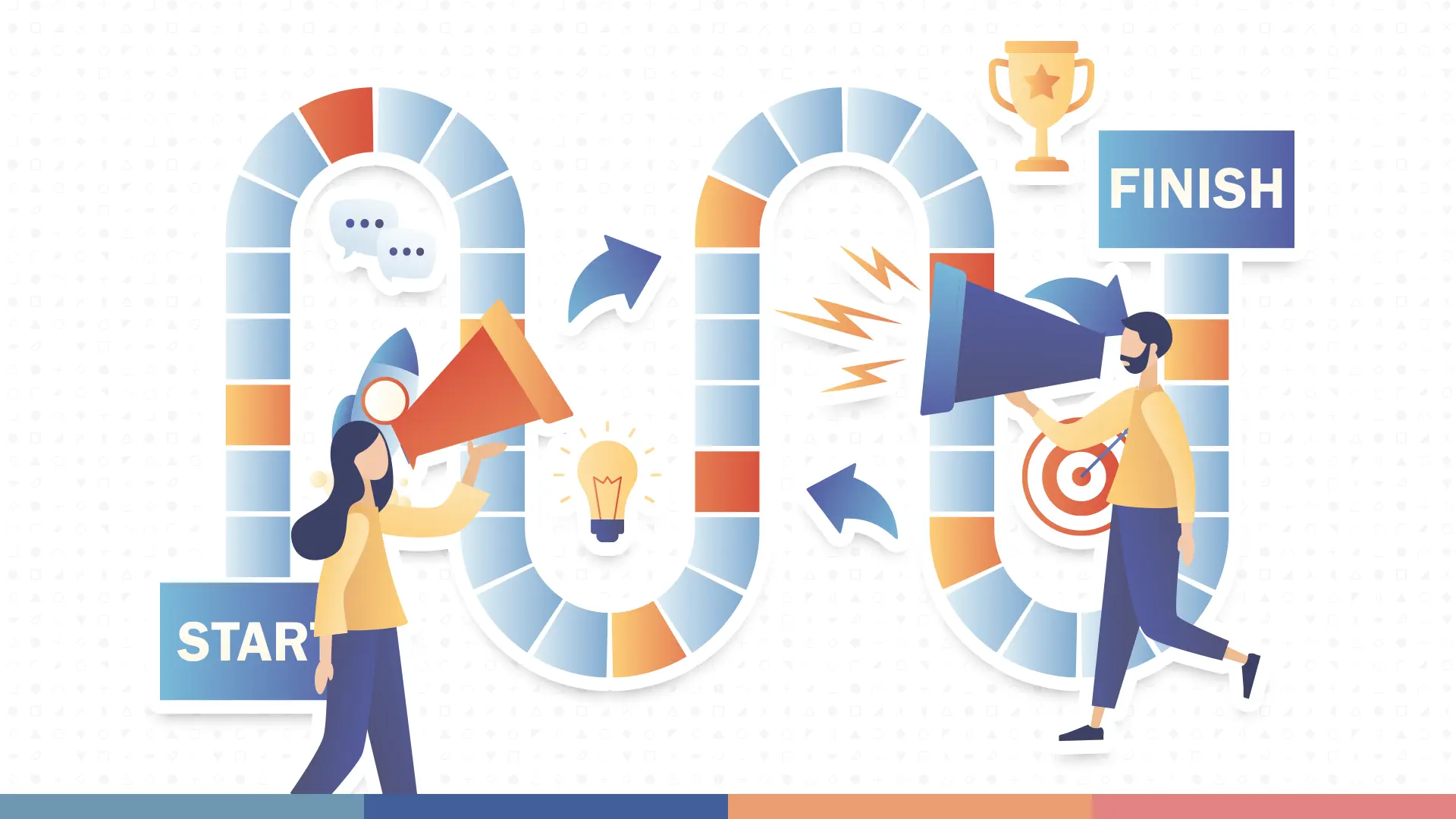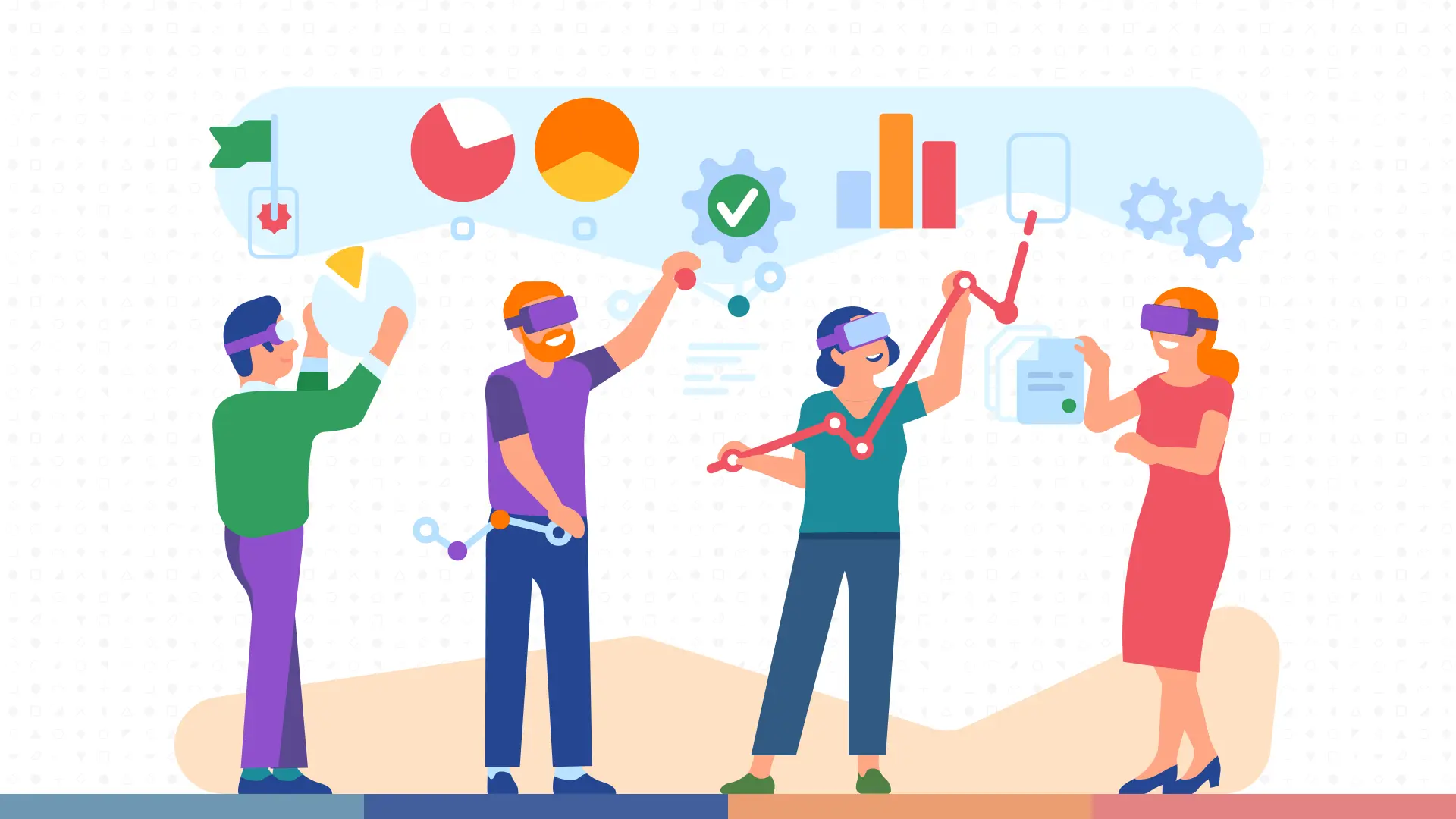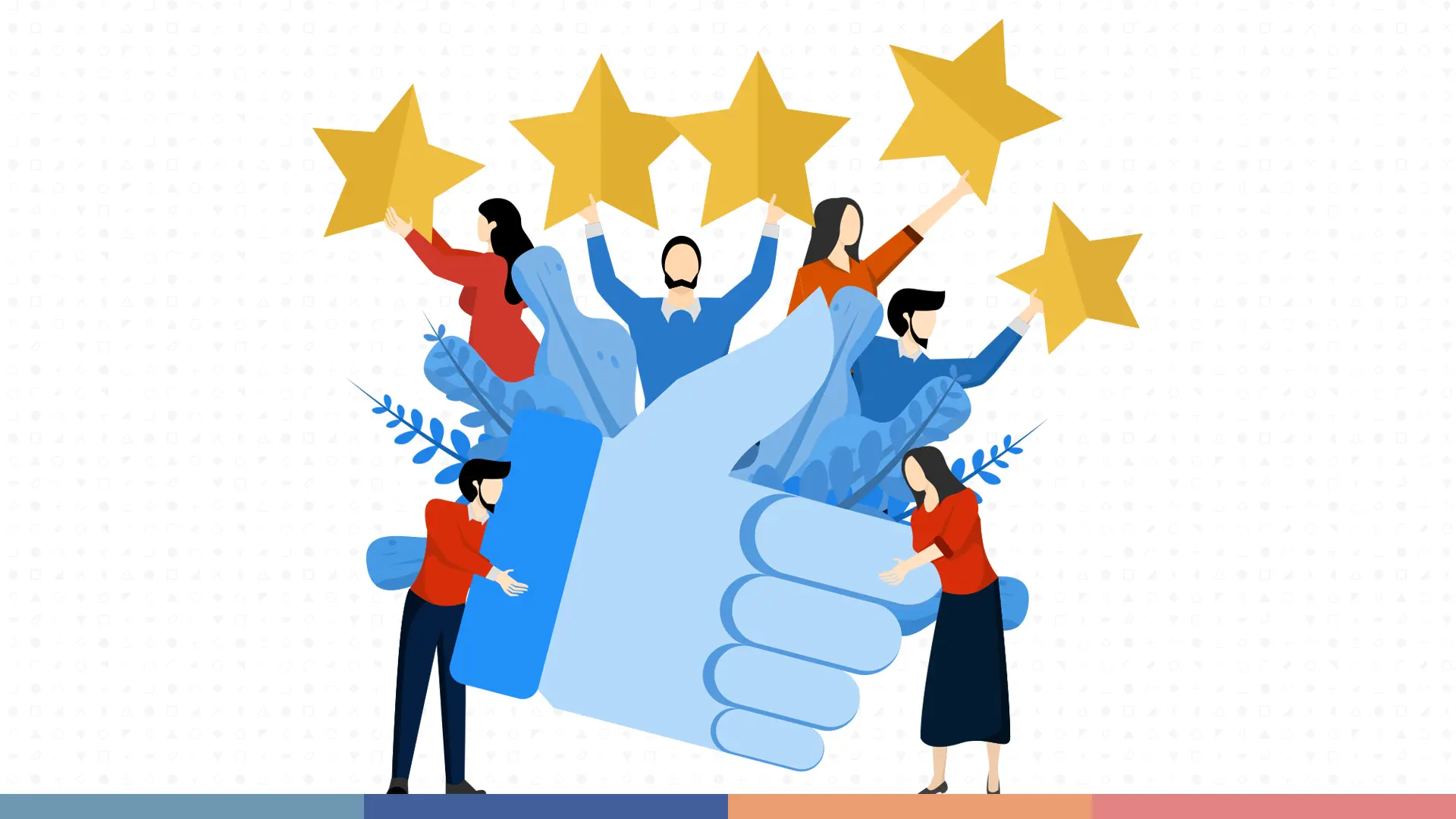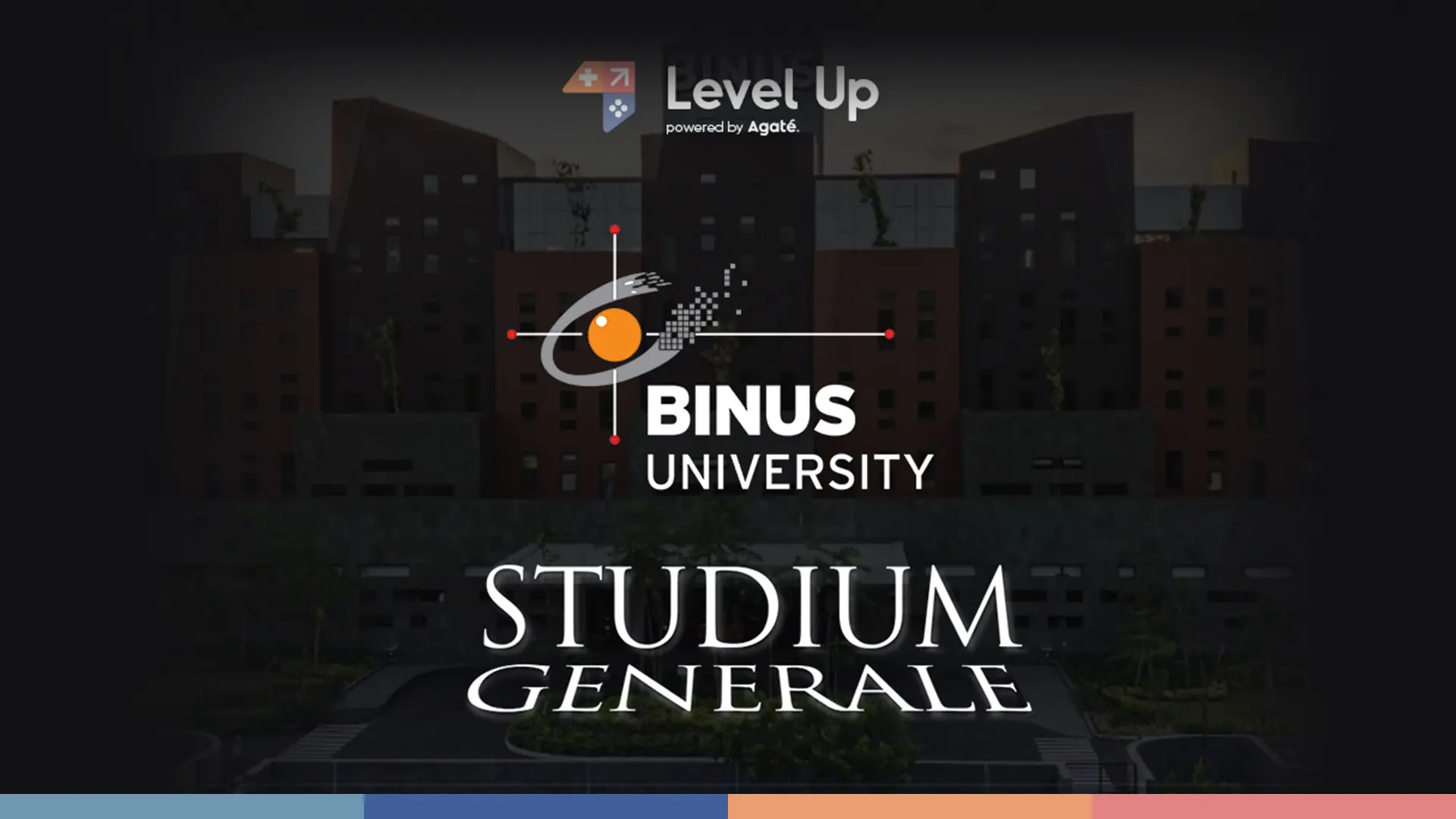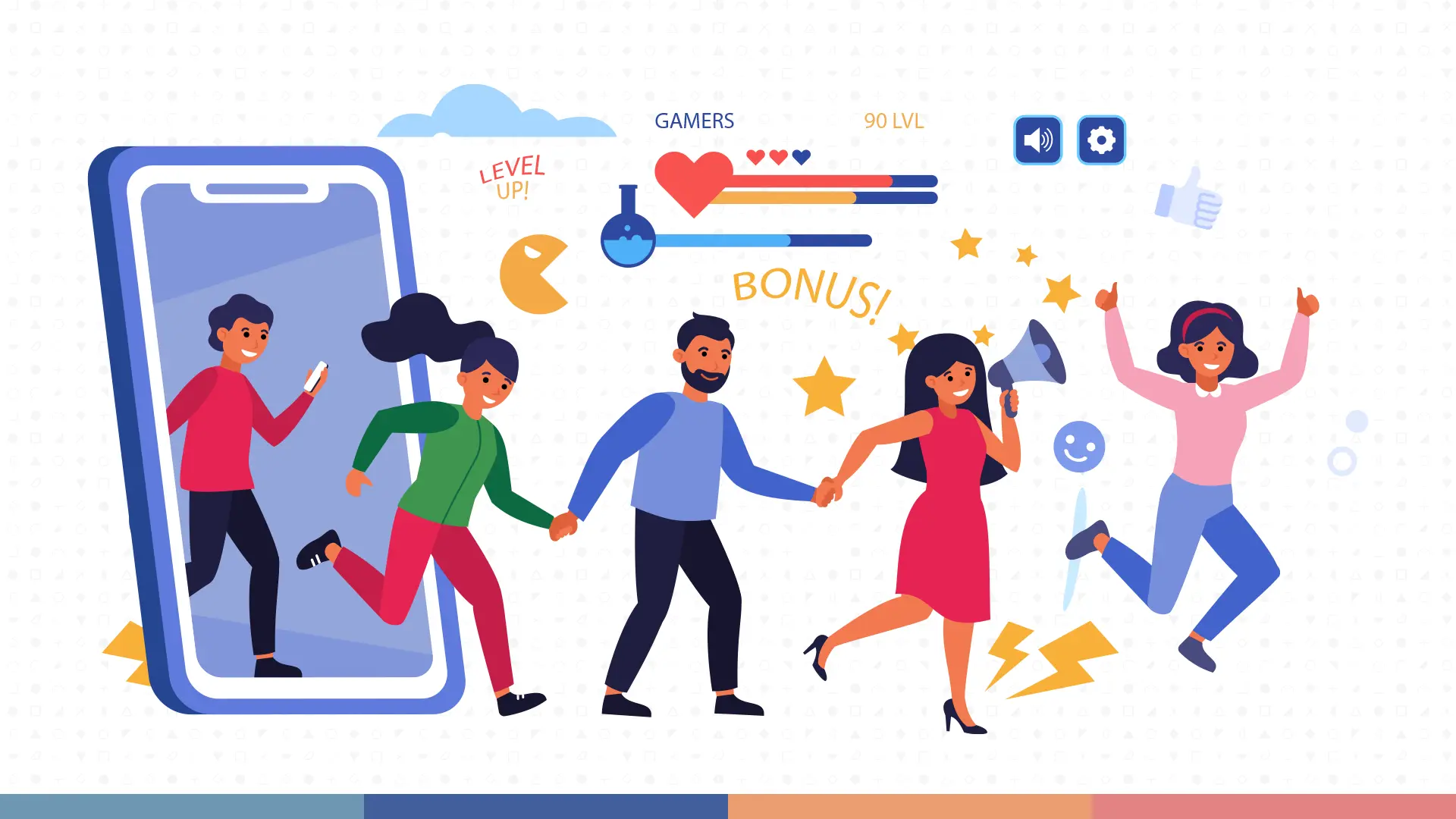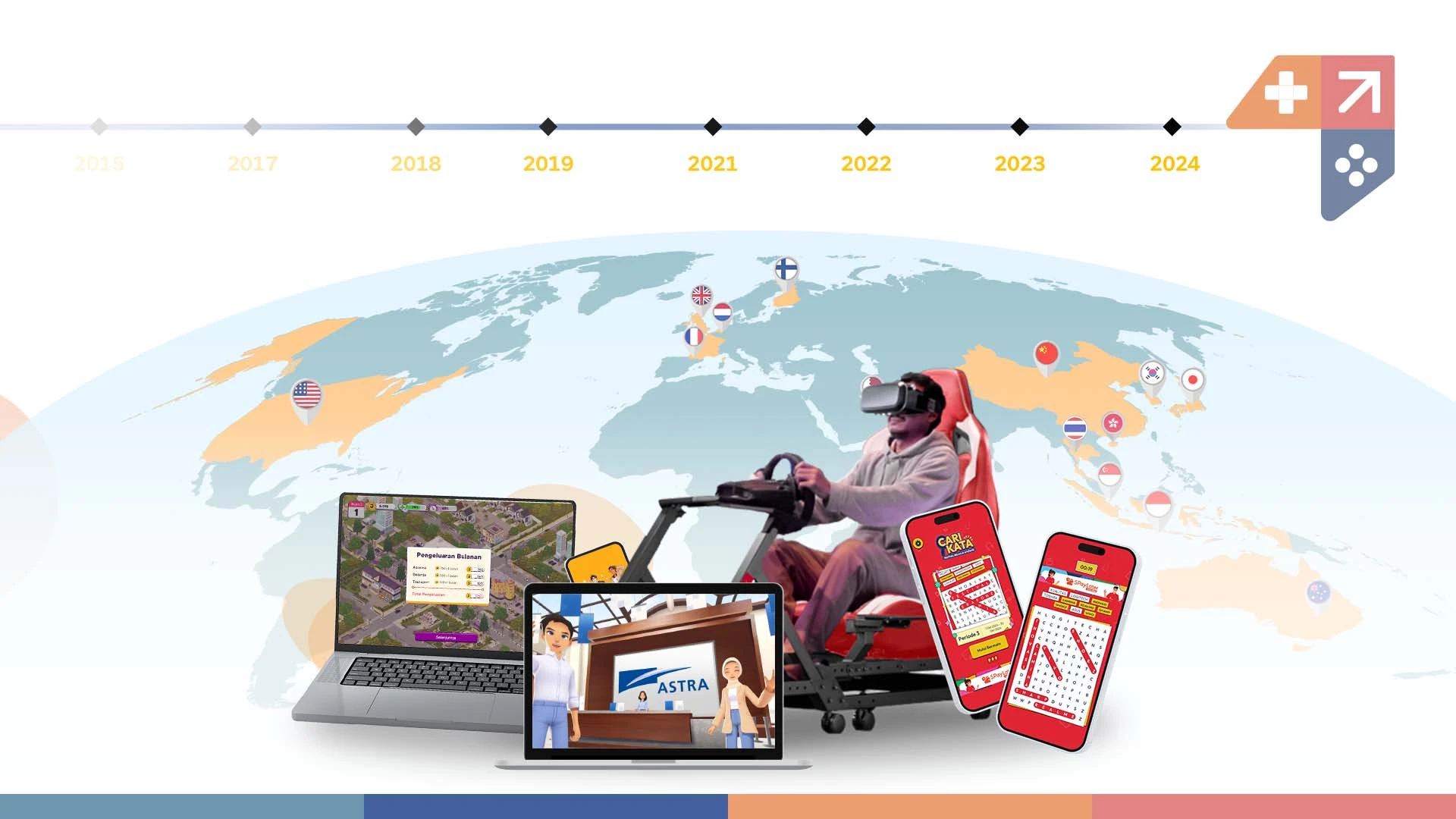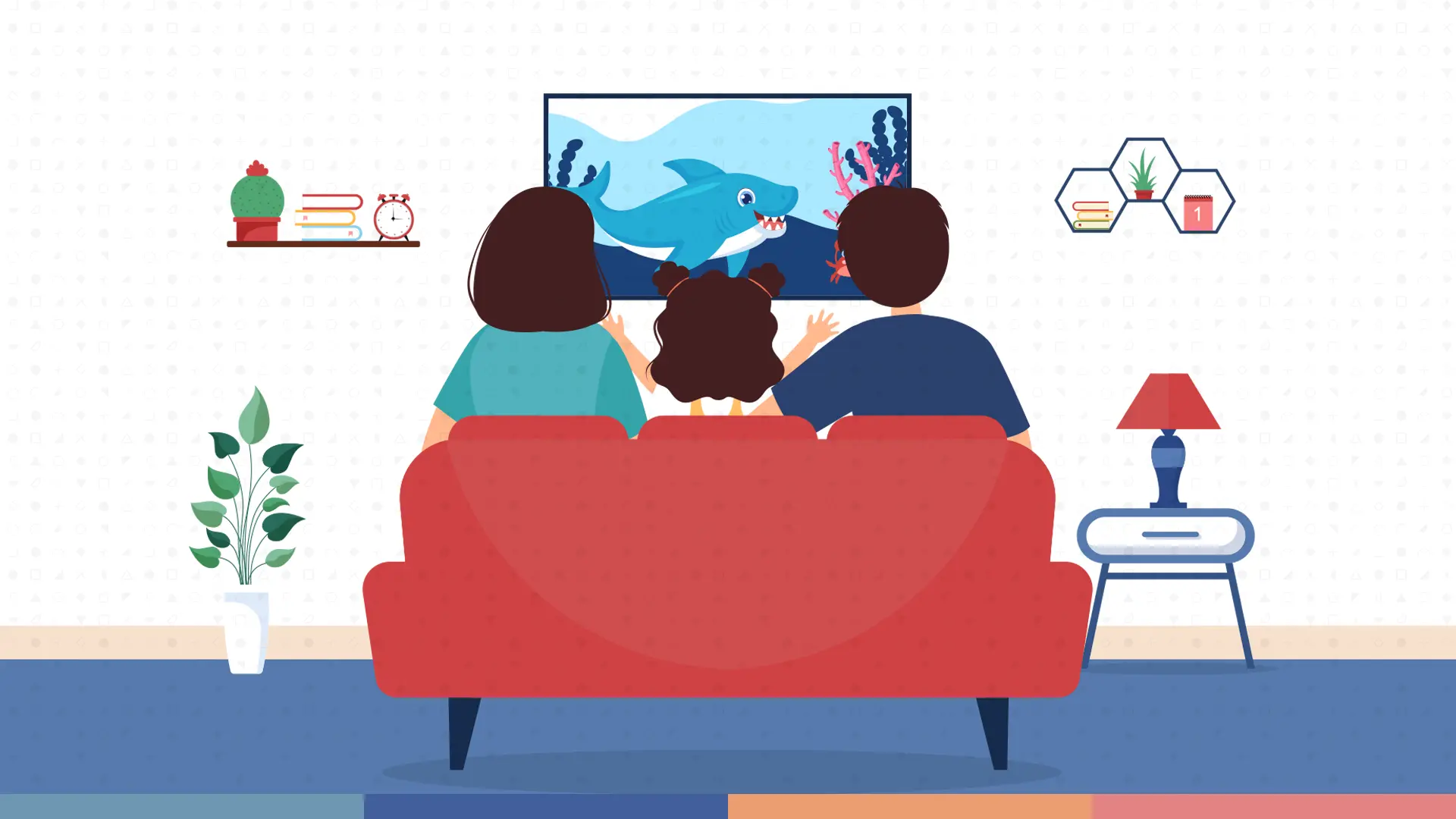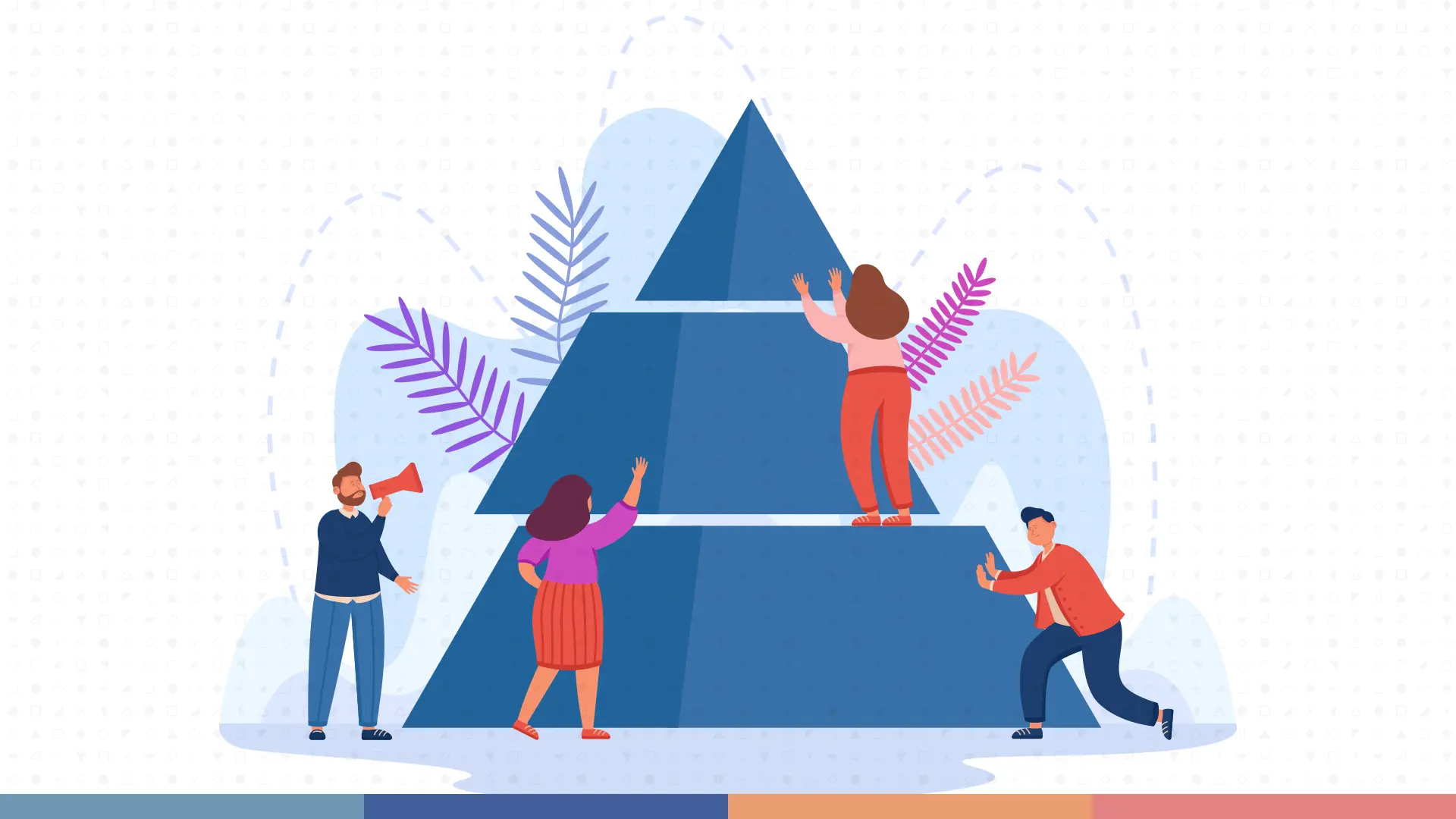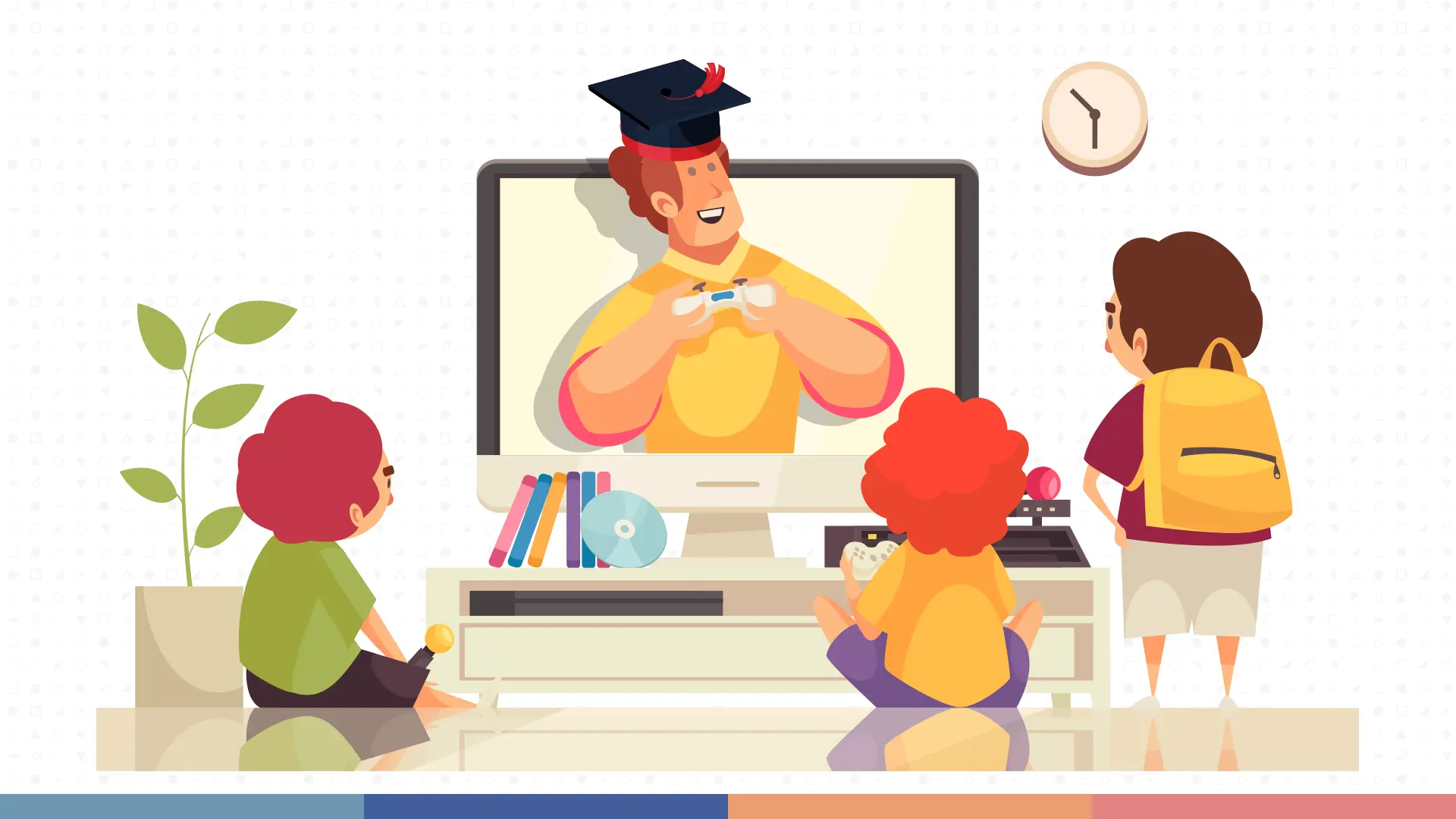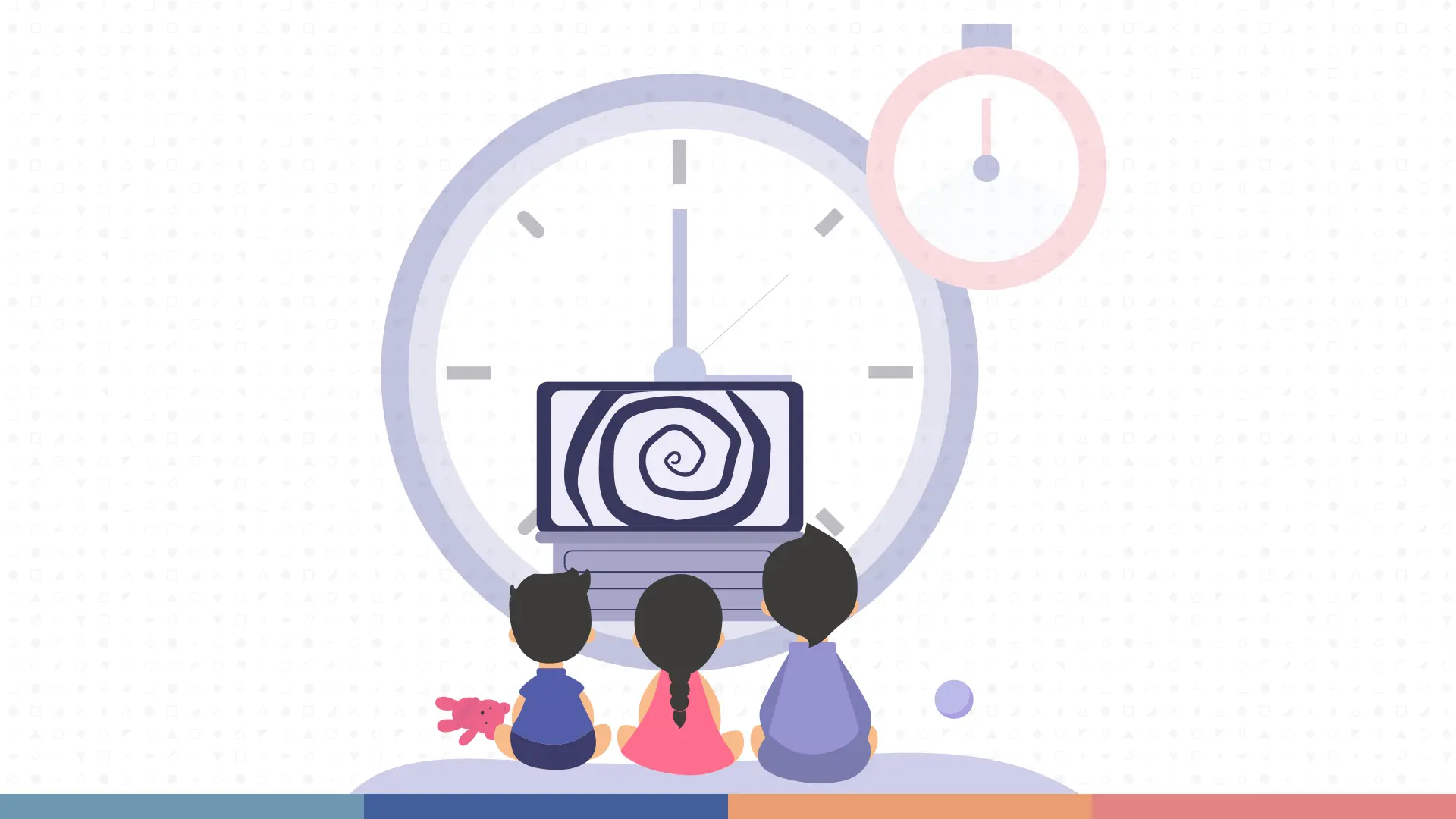How Game Developers Revolutionize Corporate Training Through Gamification

In recent years, the corporate training landscape has undergone a significant transformation. According to a report by Training Industry, the corporate training landscape is undergoing significant changes. These changes include leveraging learning to improve talent retention, understanding the impact of artificial intelligence on Learning and Development (L&D), making content more engaging for today’s workforce, recognizing the role of competency modeling in upskilling, and reinvesting in instructor-led training. The report also provides an outlook on the L&D market, including estimates on training spend. Training has emerged as a competitive advantage for companies. Those that proactively engage in training to close skills gaps and prepare employees for the future of their roles are poised to be the most successful. Gone are the days of tedious, one-size-fits-all training programs that fail to engage employees.
Today, game developers are revolutionizing corporate training through gamification, a strategy that leverages game design elements to enhance learning outcomes. This innovative approach has been shown to significantly improve employee retention, productivity, and overall performance.
The Rise of Gamification in Corporate Training
Gamification in corporate training is not a new concept, but its adoption has accelerated in recent years. According to Markets and Markets, the gamification market size is projected to grow from USD 9.1 billion in 2020 to USD 30.7 billion by 2025, at a Compound Annual Growth Rate (CAGR) of 27.4% during the forecast period. This growth is driven by factors such as the need for employee engagement through performance-based rewards and recognition, the provision of lucrative offers to customers and consumers, and the higher Return on Investment (RoI) yielded by gamification strategies1. The services segment, particularly in consulting, implementation, and support, is expected to grow at a higher CAGR, reflecting the increasing demand for customized gamification solutions across various industries. This rapid growth is driven by the increasing recognition of gamification’s potential to enhance employee engagement and improve learning outcomes.
Benefits of Gamification in Corporate Training
So, what makes gamification so effective in corporate training? For starters, it increases employee engagement by making learning fun and interactive. A report by the Harvard Business Review found that gamification has serious potential when thoughtfully executed, and it can boost employee motivation and engagement. By setting clear goals and offering tangible rewards, employees become more invested in their tasks, leading to higher motivation, productivity, and job satisfaction. Incorporating game elements such as points, badges, leaderboards, and challenges, gamification provides employees with a sense of progress, accomplishment, and recognition, fostering a deeper level of engagement and motivation in their work. Employers that have tried it have claimed that employee interest is more easily sustained, resulting in more active participation Additionally, gamification can improve knowledge retention by up to 80%, as employees are more likely to remember information when it’s presented in a fun and interactive way.
How Game Developers Can Help
Game developers, like those at Level Up powered by Agate, are at the forefront of this revolution. They use their expertise to design and develop customized gamification solutions that cater to the unique needs of each client. These solutions can include everything from interactive simulations to mobile apps, all designed to enhance employee learning and engagement.
Marketing and ROI
One of the key benefits of gamification in corporate training is its potential to increase return on investment (ROI). By making training more engaging and effective, companies can reduce the costs associated with employee turnover and improve overall productivity. According to a survey conducted by the Society for Human Resource Management (SHRM) Workplace Learning and Development Trends Report (2022), more than 8 in 10 HR managers believe training is beneficial to attract (83%) and retain (86%) talent. Also, 76% of employees say they are more likely to stay with a company that offers continuous training. This commitment to employee development can lead to increased productivity, significant cost savings, and improved ROI.
Hiring and Assessment
Gamification can also be used to improve the hiring process and create more effective assessments. By incorporating gamification elements into pre-employment assessments, companies can better identify top candidates and reduce the time and cost associated with the hiring process
The Role of Game Developers in Corporate Training
Creating Engaging Learning Environments
Game developers specialize in crafting engaging experiences, a skill that is crucial in the design of gamified training programs. By integrating elements such as storytelling, challenges, rewards, and interactive scenarios, they make learning more captivating and enjoyable.
Personalization and Adaptive Learning
One significant advantage game developers bring to corporate training is the ability to create personalized learning paths. Using data-driven approaches, gamified training programs can adapt in real-time to the learner’s performance and preferences, providing a tailored educational experience that meets individual learning styles and speeds.
Increasing Motivation with Rewards and Recognition
Game developers understand how to leverage rewards and recognition to motivate players, a technique equally effective in corporate training. Implementing systems of achievements, badges, and leaderboards can significantly enhance employee engagement and motivation.
How Gamification Transforms Corporate Training
Enhanced Learning Retention
Gamification in training utilizes repetitive learning and reinforcement, which improves retention of new information. Engaging game mechanics ensure that employees repeatedly apply concepts and skills within different contexts, enhancing the learning curve.
Boosting Team Collaboration
Many gamified training programs encourage collaboration through multiplayer scenarios or team challenges. This not only improves problem-solving and communication skills but also builds a sense of community and cooperation among employees.
Efficient Skill Assessment
Gamification allows for real-time assessment of skills and knowledge. As employees interact with the training modules, game developers can integrate mechanisms that continuously evaluate performance and provide instant feedback, helping learners adjust their strategies and improve their understanding more effectively.
Level Up Powered by Agate: Enhancing Corporate Training with Gamification
Level Up powered by Agate excels in merging cutting-edge gaming technologies with educational principles to deliver superior gamified training solutions. Their expertise enables businesses to transform traditional training into a dynamic and engaging process that drives better results in knowledge acquisition and employee satisfaction.
Conclusion
Game developers are at the forefront of redefining corporate training by integrating gamification into learning strategies. This approach not only makes training more engaging but also enhances learning outcomes, making it an invaluable tool for businesses looking to invest in their workforce’s development. With the support of Level Up powered by Agate, organizations can leverage these innovative strategies to foster a more skilled, motivated, and collaborative workforce.
Frequently Asked Questions
Q: How does gamification in training differ from traditional e-learning?
A: Unlike traditional e-learning that often uses passive forms of learning, gamification incorporates interactive and competitive elements that make learning active and engaging.
Q: Can small businesses benefit from gamified training?
A: Absolutely. Gamified training is scalable and can be designed to fit the budget and size of any organization, providing small businesses with a cost-effective solution to enhance employee training.
Q: What are the first steps to integrating gamification into corporate training?
A: The first step is to identify the specific training goals and outcomes you wish to achieve. Partnering with a gamification expert like Level Up powered by Agate can help tailor a strategy that aligns with your business objectives.
Q: How do you measure the effectiveness of gamified training?
A: Effectiveness can be measured through direct metrics such as completion rates, quiz scores, and pre- and post-training assessments, as well as through indirect indicators like employee engagement and performance improvements.
If you are interested in learning more about gamification and how it can benefit you or your organization
Check out our gamification services page and contact us today. We are ready to help you create a gamification experience that aligns with your needs and preferences.
- All Posts
- All

